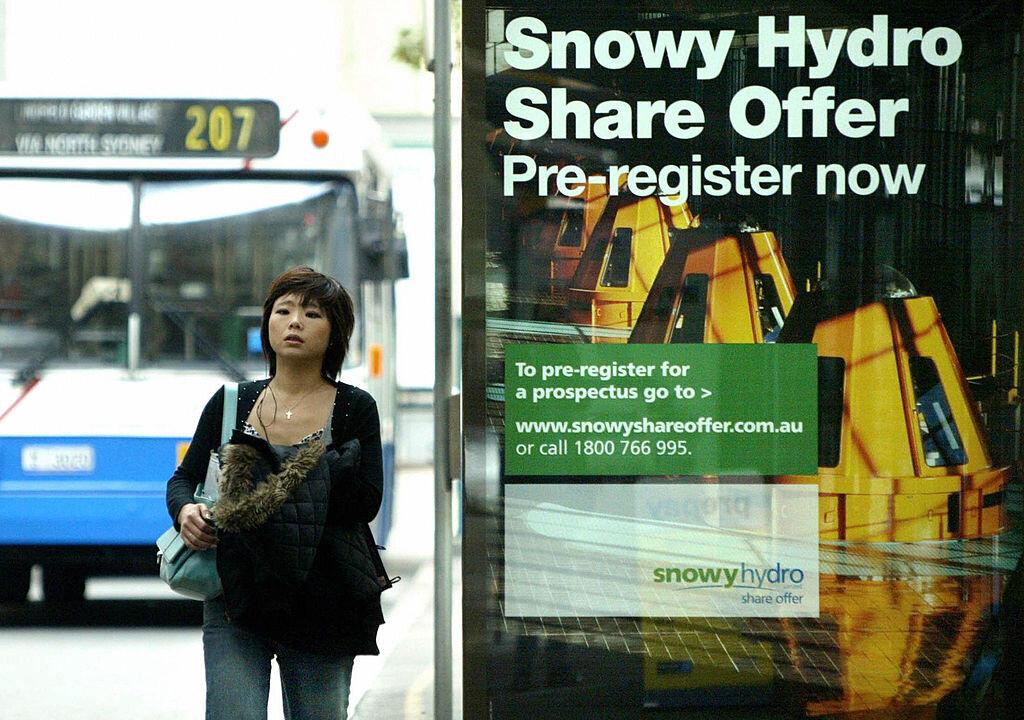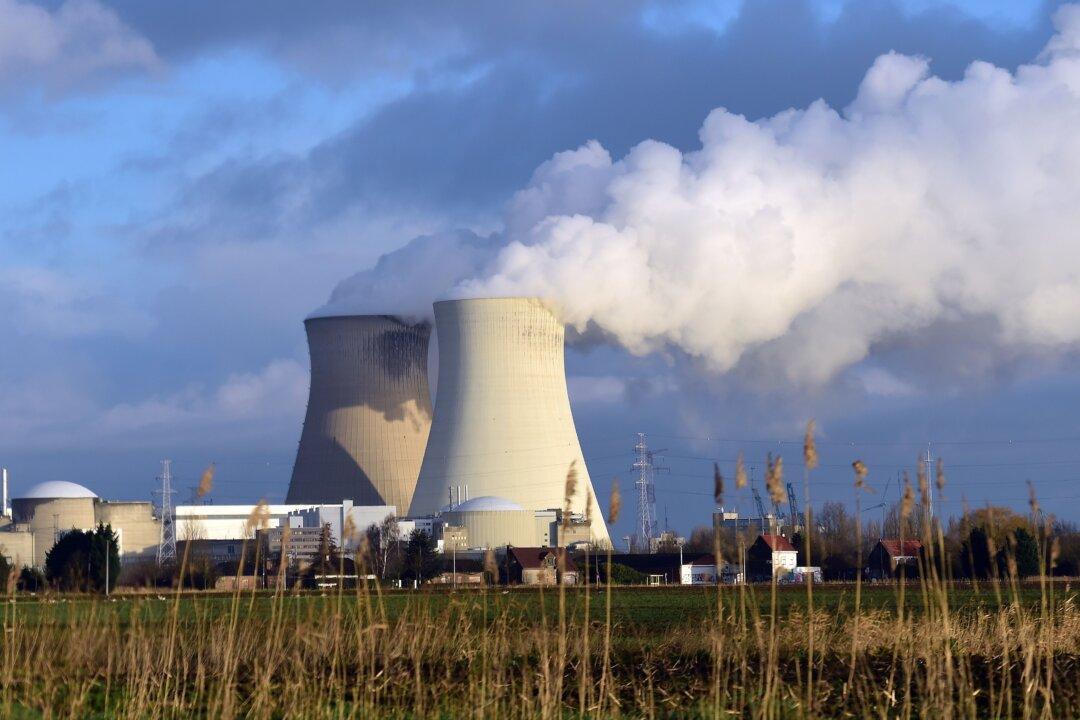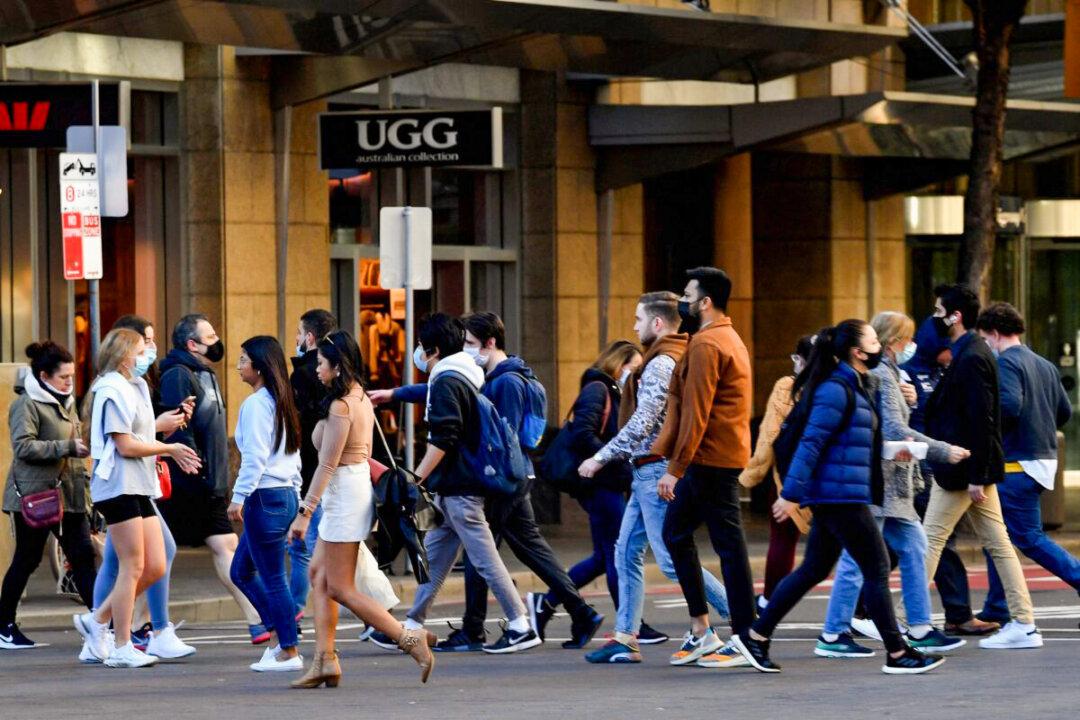The former CEO of Australia’s largest renewable energy provider has taken issue with the Albanese Labor government’s green energy policies.
Paul Broad, former head of the government-owned Snowy Hydro company, said the government would fail to meet its target of producing 82 percent of the country’s energy from renewable sources by 2030.


